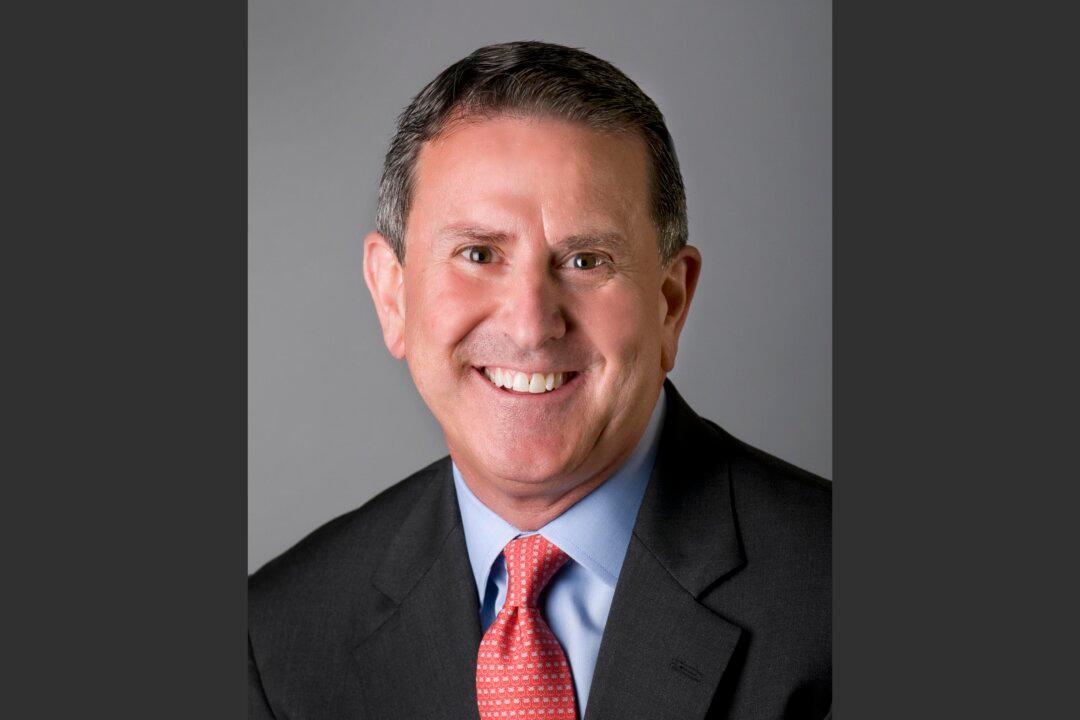Brian Cornell, the CEO of Target, spoke about the company’s plans for the 2021 holiday season in an exclusive Dec. 15 interview with The Associated Press.
Cornell was optimistic after reports showed sales continuing to stay strong during the final stretch of the holiday season amid some worries about the new omicron variant.





